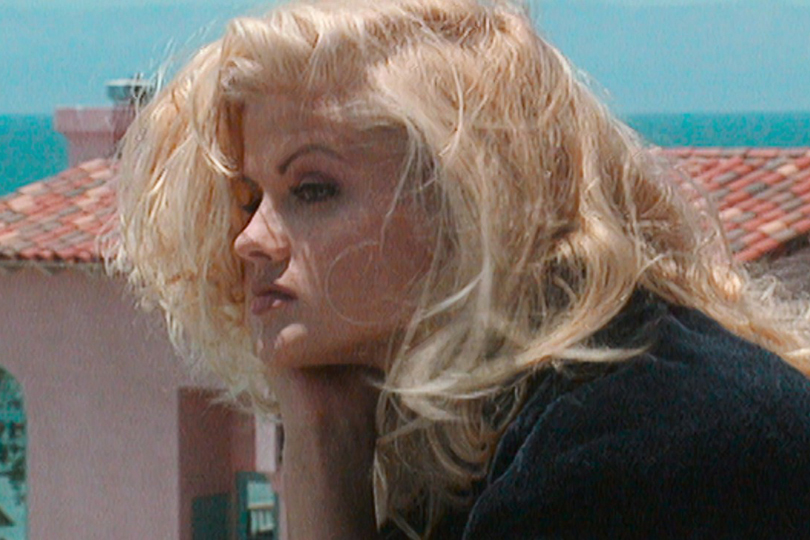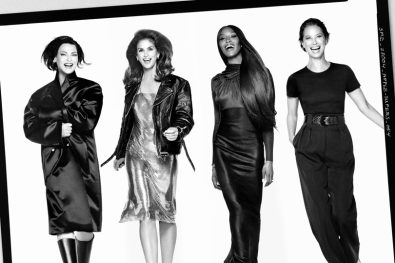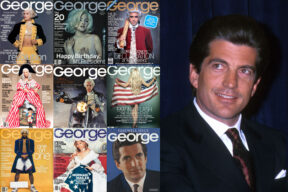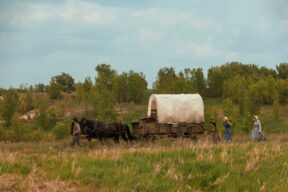“She always wanted to be the centre of attention and she enjoyed it, she loved being the centre of attention.”
So says Anna Nicole Smith’s mother about her famous daughter in the new documentary Anna Nicole Smith: You Don’t Know Me now streaming on Netflix. The statement is the least surprising reveal in a documentary generally devoid of both surprises and reveals.
Like Britney Spears and Pamela Anderson before her, Anna Nicole is the latest blonde bombshell from the notorious ’90s and 2000’s to get the doc treatment, but whereas the aforementioned films offered new insight, context, and beyond-the-headlines glimpses into their subjects, this one falls short in offering any new information about or re-examination of the centrefold-turned-model-turned tragic tabloid tale.
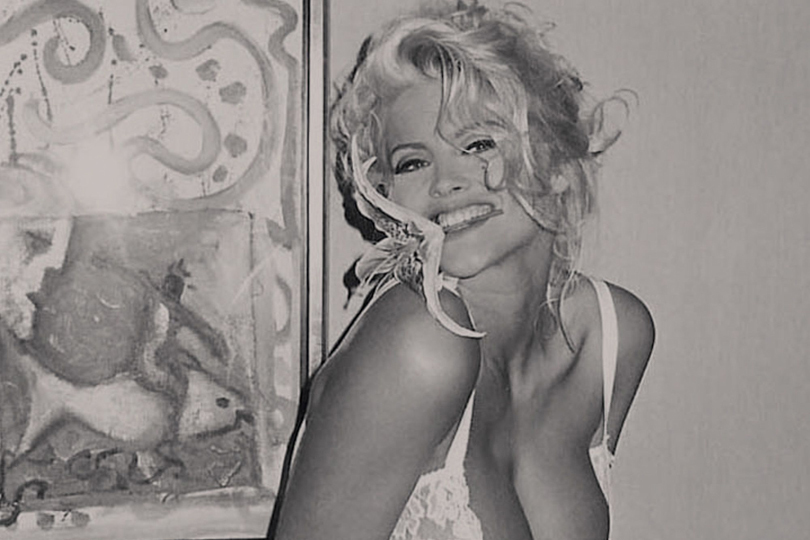
Featuring media footage, home movies, and new interviews with friends, family and associates from Anna’s past, the documentary traces her humble beginnings in Mexia, Texas including her teen marriage and motherhood, her eventual move to Houston where she found work as an exotic dancer (and also found octogenarian billionaire oil tycoon J. Howard Marshall who she’d later infamously marry) and her discovery by iconic brands like Playboy and Guess which helped fuel her ascent to super stardom before she ultimately descended into addiction, infamy, and, eventually, an untimely death at just 39-years-old.
While the Pamela Anderson documentary was certainly helped and deepened by its subject’s participation – obviously not possible in this case – where the Anna Nicole documentary could have picked up the slack and made up for the absence of Anna was putting her story into more pop cultural context. Like Britney and Pamela, Anna Nicole was very much a product of her time. After a rapid rise to fame, she became the target of merciless paparazzi pursuit, the punchline of many late night and shock jock jokes, and the general ghoulish cruelty and casual misogyny that came to define celebrity coverage, websites and blogs at the time. One clip featured radio host Howard Stern and his staff brutally betting on her ballooning weight which obviously has not aged well. But that was the extent of the examination of how Anna Nicole was treated by the media at the time and the role said treatment may have played in her decline and downfall. Little-to-no screen time is devoted to her short-lived reality show on E! which was clearly produced with the sole intent of making very public fun of someone who was down and out. It’s hard to imagine a show like that being greenlit today. And there was no mention of how, towards the end of her life, “Entertainment Tonight” regularly, to the point of sick obsession, featured Anna Nicole on primetime television despite her very obviously not being of sound mind in any of her appearances.
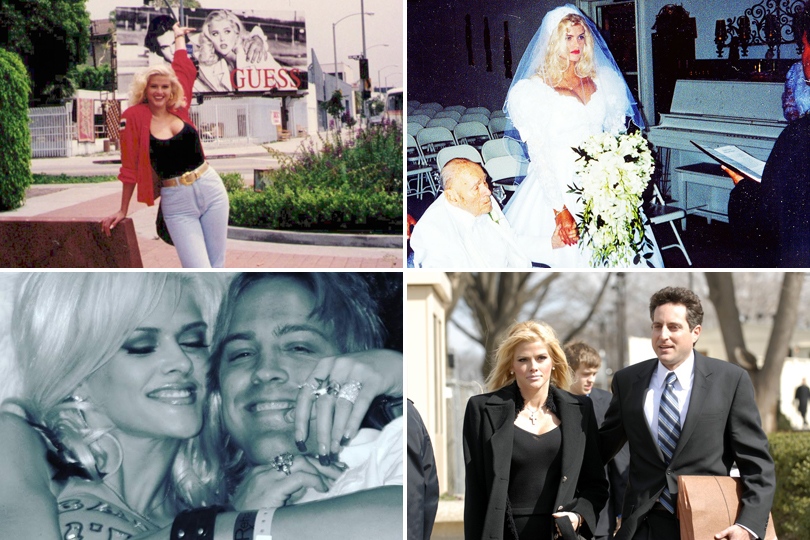
Her shady-as-shit former doctor (who would later be charged but ultimately acquitted of conspiring to provide controlled substances to an addict) is treated with kid gloves despite keeping her in methadone and other hard narcotics (there were nine prescriptions in her system at her time of death) and no time is given to examining the svengali-like hold her creepy at best, predatory at worst, lawyer Howard K. Stern had over her. He, by the way, was also charged and convicted of conspiring to provide controlled substances to an addict before it was overturned. You’ll never convince me that vulture didn’t play some sort of role in her demise.
Many people failed Anna Nicole throughout her short life and now, after death, these filmmakers have too. There is zero sense the film seeks to reframe or recontextualize her narrative, learn anything from her fate, or do anything other than capitalize on her notoriety and our current, monetizable nostalgia for figures of the nineties and early aughts.
The documentary may be called, Anna Nicole Smith: You Don’t Know Me, but after watching the film for nearly two hours, we still don’t.

